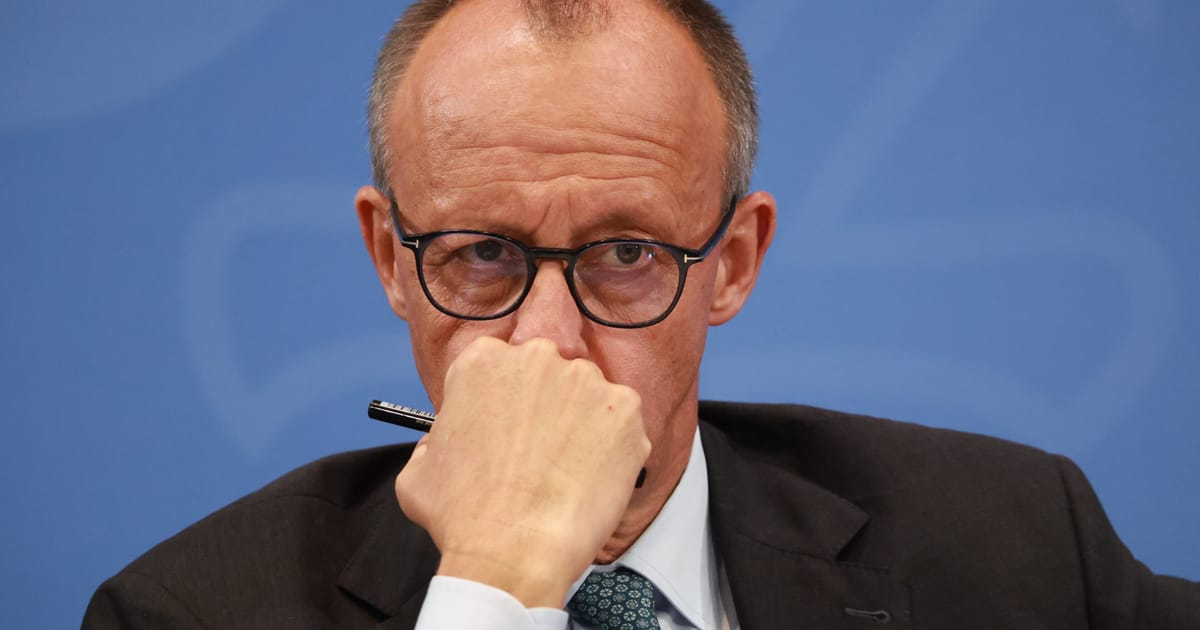The false news story is just one example of a rising tide of Russian disinformation targeting European leaders. Among them, Germany’s Merz, in office for just four months, has rapidly become a key target of Russia’s relentless campaign due in great part to his steadfast support of Ukraine, according to experts and intelligence authorities.
“Germany is a particular focus,” said a Western intelligence official. “Russia is able to quickly and flexibly pick up on events in Germany and use them to achieve its goals in the information environment. It is frightening how fast and adaptable this system is, but also how long-term it is designed to be.”
Experts say there’s little secret as to why Merz has become a main target.
“With his very, very outspoken support for Ukraine — how he has mobilized the international community to support Ukraine, and is vocal against Russia — these campaigns have more aggressively targeted Merz,” said Pablo Maristany de las Casas, an analyst at the Institute for Strategic Dialogue (ISD), who focuses on disinformation.
‘Fake or true?!’
The steady drumbeat of false reports frequently feature on sham news sites, sometime mixed in with legitimate news stories copied from real news sources, and gain traction after they are spread online by a network of pro-Kremlin influencers.
In the case of the polar bear hoax, pro-Kremlin social media influencer Alina Lipp — who was sanctioned by the European Union in May for propagating “Russia’s destabilizing actions abroad” — spread the debunked story.
